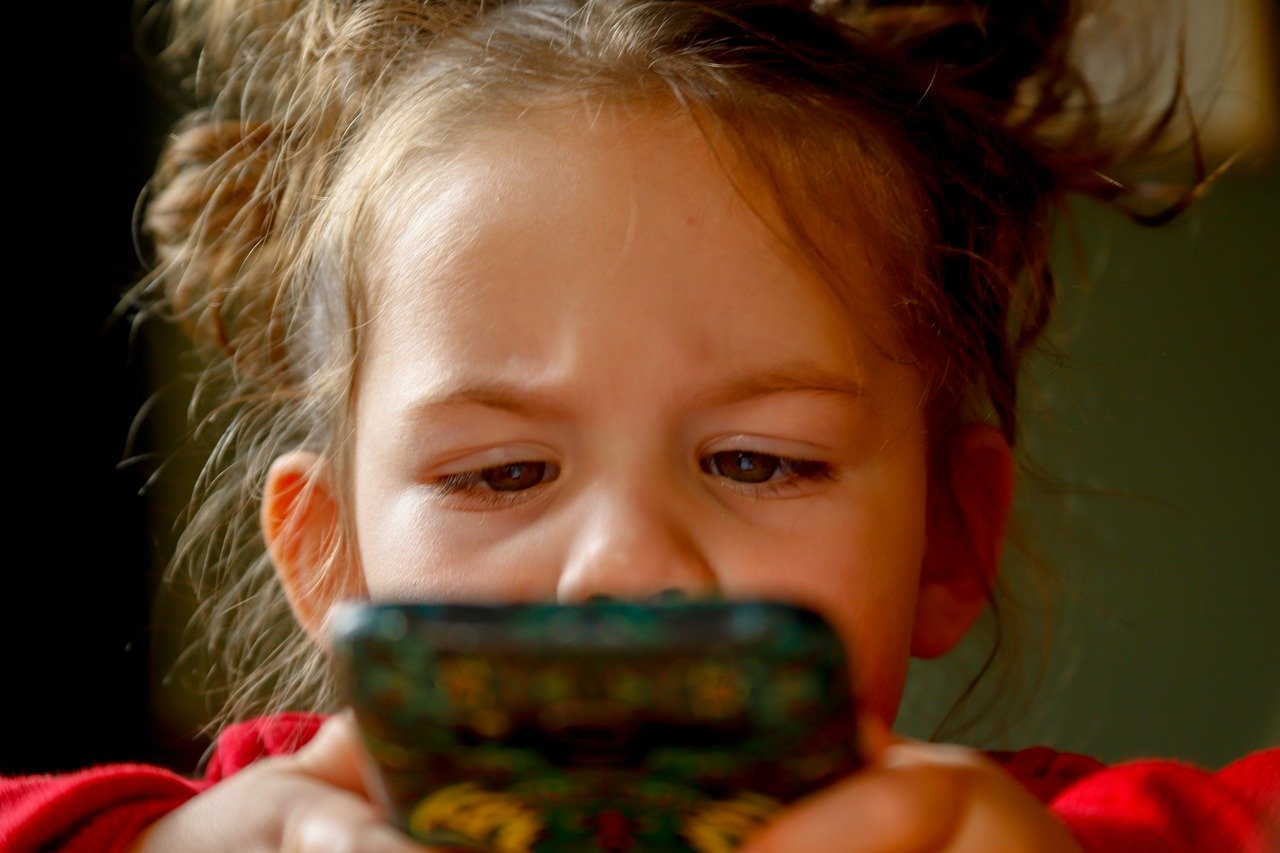
Screen time has little impact on social skills of children, according to a study published online in the American Journal of Sociology.
Findings suggest that screen time does not completely affect social skills. Young people remain as socially skills as those from the previous generation regardless of the time spent with smartphones and social media.
The study made a comparison of teacher and parent evaluations of children who began kindergarten in 1998, with those who started school in 2010, when the first iPad was launched.
Results revealed that both groups of children were ranked similarly on interpersonal skills. These skills include forming and maintaining friendships and interacting with people who are different. They were also assessed similarly on self-control, such as the ability to manage their temper.
Not problematic at all
The study shows that the children are still all right, said Douglas Downey, lead author of the study and professor of sociology at The Ohio State University.
"In virtually every comparison we made, either social skills stayed the same or actually went up modestly for the children born later," Downey said.
"There's very little evidence that screen exposure was problematic for the growth of social skills."
Downey held the study with Benjamin Gibbs, associate professor of sociology at Brigham Young University.
Downey was inspired to conduct the study when he had an argument at a pizza restaurant with his son, Nick, about the decline of social skills among the new generation of youth.
"I started explaining to him how terrible his generation was in terms of their social skills, probably because of how much time they spent looking at screens," Downey said.
"Nick asked me how I knew that. And when I checked there really wasn't any solid evidence."
Downey's team evaluated the data from The Early Childhood Longitudinal Study, which is run by the National Center for Educational Statistics.
The ECLS monitors children from kindergarten to fifth grade. The researchers assessed data on the ECLS-K cohort that included children who started kindergarten in 1998 (19,150 students) with the cohort that started kindergarten in 2010 (13,400 students).
Teachers evaluated the children six times between the start of kindergarten and the end of fifth grade. Their parents also assessed them at the beginning and end of kindergarten and the end of first grade.
Downey and Gibbs used the teacher evaluations most of the time because they monitored children all the way to fifth grade.
From the teachers' perspective, there was no decline in children's social skills between the 1998 and 2010 groups. Similar patterns happened as the children progressed to fifth grade.
Exposure to screens
Downey said that the assessments from teachers tended to be slightly higher for those in the 2010 cohort than those in the 1998 group.
Children within the two groups who had the longest exposure to screens manifested similar development in social skills compared to those with little screen exposure.
However, social skills were lower for children who were able to play online games and use social networking sites several times a day.
"But even that was a pretty small effect," Downey said.
"Overall, we found very little evidence that the time spent on screens was hurting social skills for most children."
"There is a tendency for every generation at my age to start to have concerns about the younger generation. It is an old story," he said.
Downey said the introduction of technologies like telephones, radio, and automobiles all led to moral panic among adults of the time because the technology provided children more autonomy.
"Fears over screen-based technology likely represent the most recent panic in response to technological change."
"You have to know how to communicate by email, on Facebook and Twitter, as well as face-to-face. We just looked at face-to-face social skills in this study, but future studies should look at digital social skills as well."






